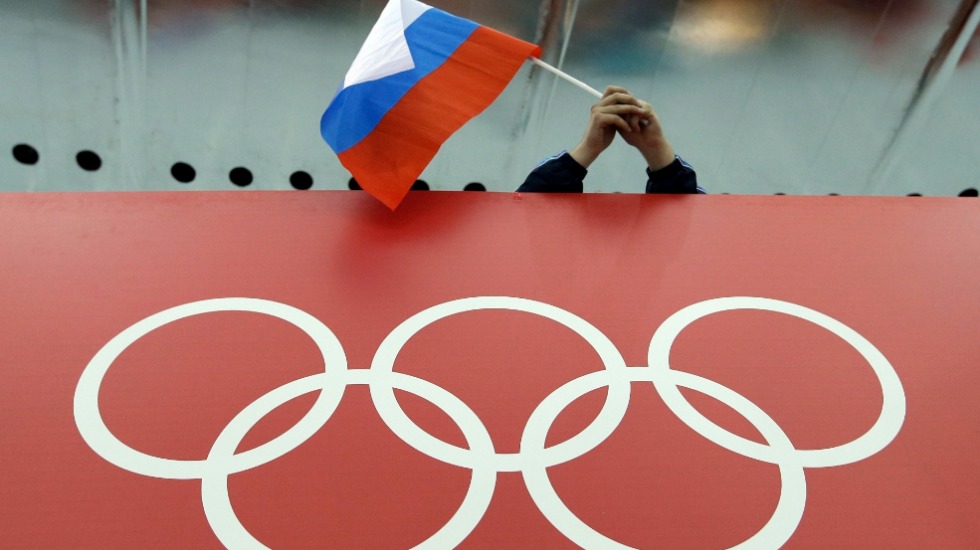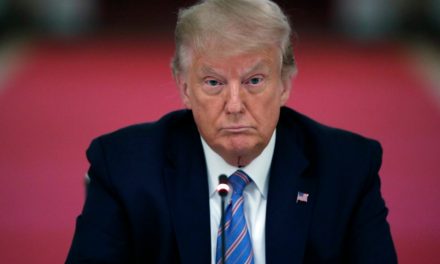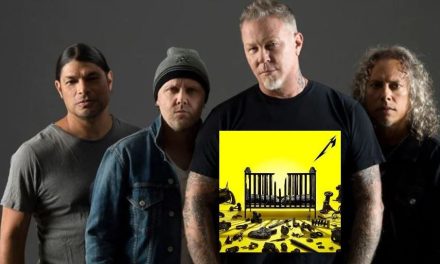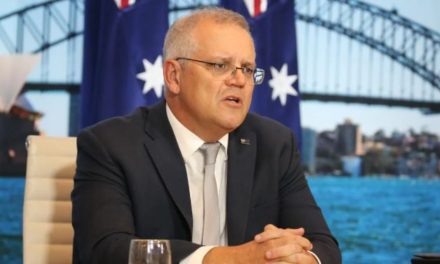Russia has been slapped with harsh sanctions from the global sporting community as a result of its war with Ukraine. Photo: AP
Remember the old adage ‘don’t mix sport and politics’? The recent crisis in Ukraine has put paid to that with Russia targeted with sanctions from a sports perspective as much as in economics and diplomacy.
It started with ‘the beautiful game’ soccer, or association football. St Petersburg was stripped of the Champions League Final by UEFA while Russian gas giant Gazprom has been banned as a sponsor of the tournament and of football clubs. Targeting the country and the sponsorship has occurred after numerous investigations have found that Russian oligarch money has made the beautiful game not so beautiful.
Even so, soccer’s world body FIFA was slow out of the blocks and pretty reluctant to act given Russia’s financial influence in the game. After trying a typical FIFA-like compromise, inviting a team from the ‘Russian Football Union (RFU)’ (like the athletes competing in the Olympics under the Russian Olympic Committee, or ROC, banner), the Zurich-based body was forced to ban both Russian men’s and women’s teams from their respective upcoming World Cups.
Even more interesting are the developments in London where English Premier League (EPL) club Chelsea’s owner Roman Abramovich, a Russian oligarch with close ties to Putin, has quickly handed over the reins to its charitable foundation in a pre-emptive move. Abramovich has even “offered” to broker peace between Russia and Ukraine, but may face possible bans from the EPL.
And in the Olympics, in an unprecedented move, the International Olympic Committee (IOC) has banned athletes from Russia and Belarus from participating and stripped Russian president Putin of his Olympic order. And in an embarrassing backflip (usually not seen by a skilful Russian gymnast) the IOC has reversed its decision to let Russian and Belarus compete in the upcoming Beijing Winter Paralympics.
Similar moves are afoot to ban Russian tennis players from the international circuit, Russian swimmers from FINA and Russian Formula 1 racing car drivers from the grand prix events. Russia has already lost hosting the 2022 Formula 1 Grand Prix in Sochi.
PLEASE HELP US CONTINUE TO THRIVE BY BECOMING AN OFFICIAL FOOTYOLOGY PATRON. JUST CLICK THIS LINK.
So, are these moves to sanction Russia tokenistic? No, these are serious moves. After all, sport was the one area where Russia was still a superpower as it was back in the glory days of the USSR. After all, it hosted the Sochi Winter Olympics in 2014 (at great expense) and then four years later, the 2018 FIFA World Cup after winning the bid in dubious circumstances. As sports historian David Golbatt said in his excellent book The Age of Football – Soccer and the 21st century:
“The World Cup bid was so slick, that while the British Prime Minister, the heir to the throne and David Beckham humiliated themselves for England in front of the FIFA executive committee, Vladimir Putin did not even show up in Zurich until the victory had been announced. Later down the line, when investigators both FIFA and Swiss legal authorities came looking for the bid committee’s digital archive, they were informed that the entirety of its computers, leased for the occasion had been incinerated.”
The Sochi Winter Olympics that preceded the World Cup were also seen as a chance for Russia to flex its muscles like it was back in the USSR. Anticipating the Winter Games of 2014, to be held in Sochi, Putin reminisced, “We have strong memories of the emotional, uplifting enthusiasm we felt during the 1980 Moscow Olympics. The mighty, inspiring spirit of the Olympics is once again, returning to our nation.”
But it cost a lot. Russia spent around $50 billion (A$ 71.5billion) on Sochi 2014 due to the extravagant ceremonies, expensive infrastructure with newly-built stadia plus the cost of security given the then 2014 Ukrainian crisis in Crimea.
On the field (or on the rinks and slopes) Russia did win a swag of medals but this was overshadowed when Russian whistle-blower Grigory Rodchenkov revealed widespread doping practices taking some gloss off the glorious Russian performance.
This put a dent on the legacy of Sochi but Russia still had to foot the bill, which it could due to the high oil and gas prices it was earning at the time. Europe was paying for Russian gold medals, via natural gas purchases, some of which were won illegally, as the anti-doping authorities found out.
In summary, putting sports sanctions on Russia is the final blow to their former Soviet-like superpower status, not to mention, the favourite playthings of the Russian state and the Russian oligarchs. In short, sport is power. Sport is business. And sport is politics.
*Tim Harcourt is Industry Professor and Chief Economist at IPPG at University of Technology Sydney (UTS) and host of The Airport Economist, The Big Picture – After the Pandemic on www.ausbiz.com.au and www.theairporteconomist.com











